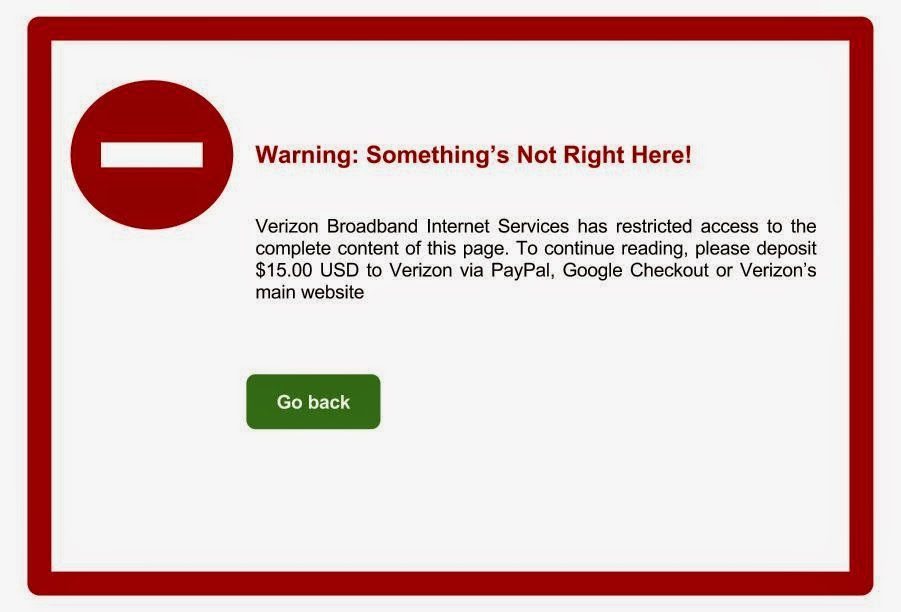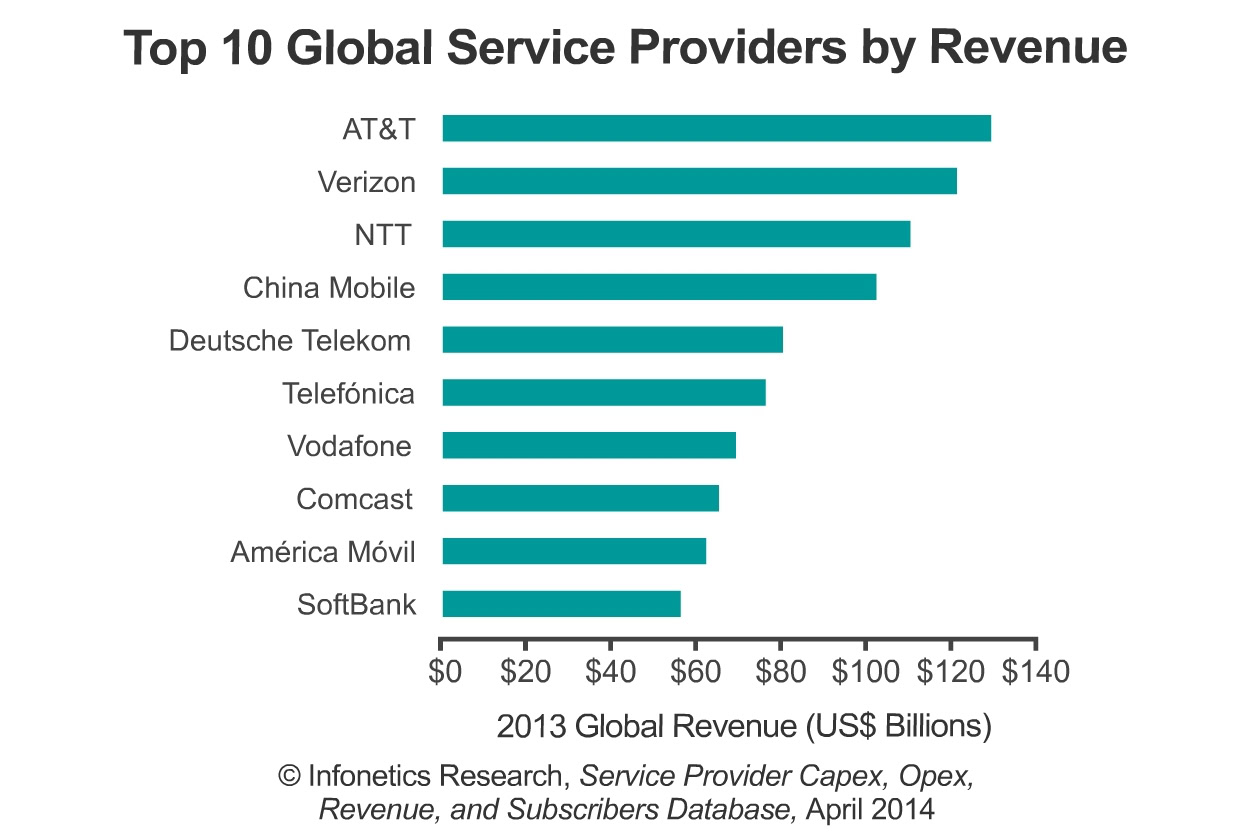Affiliate links on Android Authority may earn us a commission. Learn more.
FCC Chairman correctly notes that carriers love Title II when it financially helps them
December 14, 2014

As I discussed the other day, Verizon is outraged at the FCC even considering classifying their business under Title II. When Verizon isn’t releasing a new press release claiming that Title II would torpedo any future investment, Verizon is busy collecting millions from a number of different states in which Verizon classified their own business under Title II for tax savings purposes.
But now, FCC Chairman Tom Wheeler is calling out Verizon and others for their Title II hypocrisy and their constant whining about how Title II classification would force the wireless carriers to scale back their investments.
As the Washington Post reported, Wheeler “shot down” both arguments.
Responding to comments made by Verizon’s chief financial officer this week, Wheeler said the telecom industry’s been plenty willing to invest when it sees a market opportunity. He pointed to a massively successful auction of government airwaves that’s raised more than $43 billion so far, nearly quadruple some of the sunniest predictions….He said, infrastructure upgrades have continued without much problem when it comes to other services regulated under Title II. – Washington Post
Wheeler also commented on how much Verizon, AT&T and others enjoy Title II when it helps them financially.
“For 20 years, Verizon Wireless, AT&T Wireless, all the wireless carriers have been living under Title II with appropriate forbearance and have been able to raise and invest hundreds of billions of dollars and build a mobile network that is the envy of the world.” – Tom Wheeler, Washington Post
Although it is good to see Tom Wheeler calling out Verizon and AT&T for their insane hypocrisy, I continue to doubt that Wheeler is going to put forth strong net neutrality regulations when this is all done.

In October, the Wall Street Journal reported that the FCC was considering a “hybrid” approach to net neutrality which would not have classified broadband providers under Title II. It was a terrible idea then and is still a terrible idea now. It allows for “fast lanes” and does basically nothing to protect consumers from monopolistic practices by the providers.
Thank you for being part of our community. Read our Comment Policy before posting.